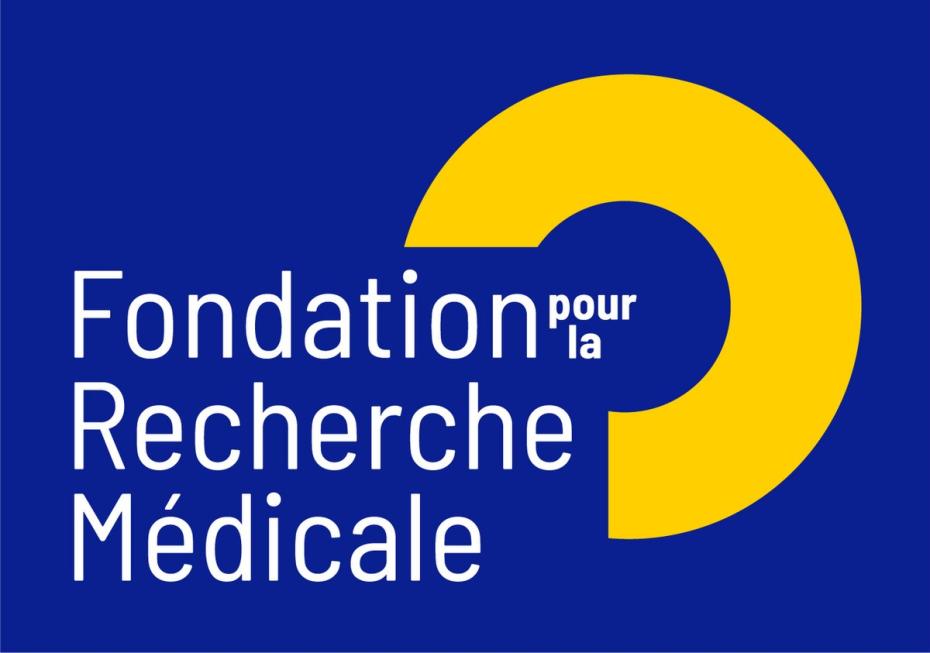Congenital hypothyroidism affects 1 in 2,500 children at birth. This pathology has been detected at birth in France since 1979 in order to provide treatment as quickly as possible to avoid neuropsychomotor delay. Congenital hypothyroidism is due to an abnormality in the development of the thyroid gland or an abnormality in the synthesis of thyroid hormones. Our research involves understanding and preventing congenital hypothyroidism.
Our research is structured around 4 axes:
- Genetics of congenital hypothyroidism:
To determine the genetic origin of congenital hypothyroidism through genomic analysis of a cohort of patients screened at birth and their relatives.
Athanasia Stoupa, Dulanjalee Kariyawasam, Adrien NGuyen, Aurore Carré, Michel Polak
- Role of microtubules in thyroid development and function:
We have shown that tubulin B1 is involved in thyroid development and function, and mutations in this gene lead to congenital hypothyroidism. Tubulins a and B form microtubules. We therefore extended our research to understand the role of microtubules and their components in thyroid development and function.
Adrien Nguyen, Emilie Eutrope, Athanasia Stoupa, Dulanjalee Kariyawasam, Aurore Carré, Michel Polak
- Establishment of thyroid organoid models:
We are developing new in vitro models that reproduce the development of the thyroid up to thyroid hormone synthesis. These models will make it possible to understand normal development but also abnormal development.
Dulanjalee Kariyawasam, Yassine Souna, Aurore Carré, Michel Polak
- Impact of endocrine disruptors on thyroid development and function:
We analyze the impact of endocrine disruptors, alone or in cocktails, on thyroid development and hormone synthesis.
Juliana Von Ammon, Athanasia Stoupa, Aurore Carré, Michel Polak














